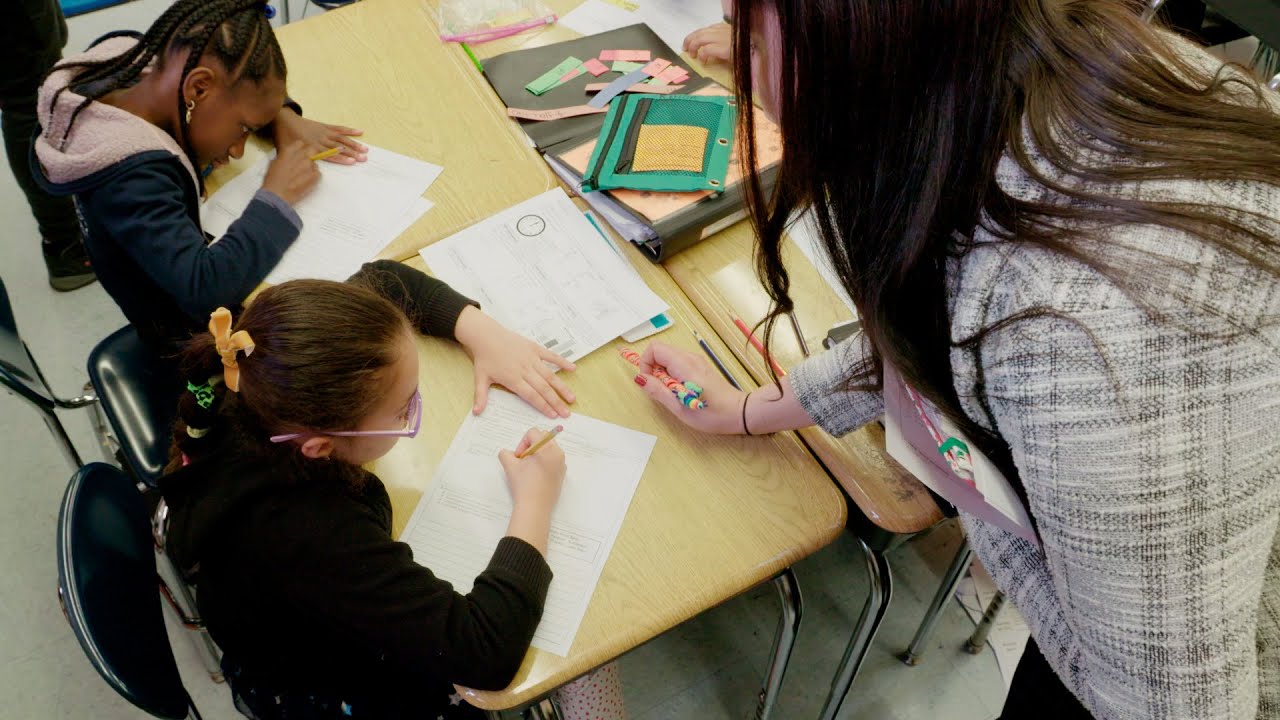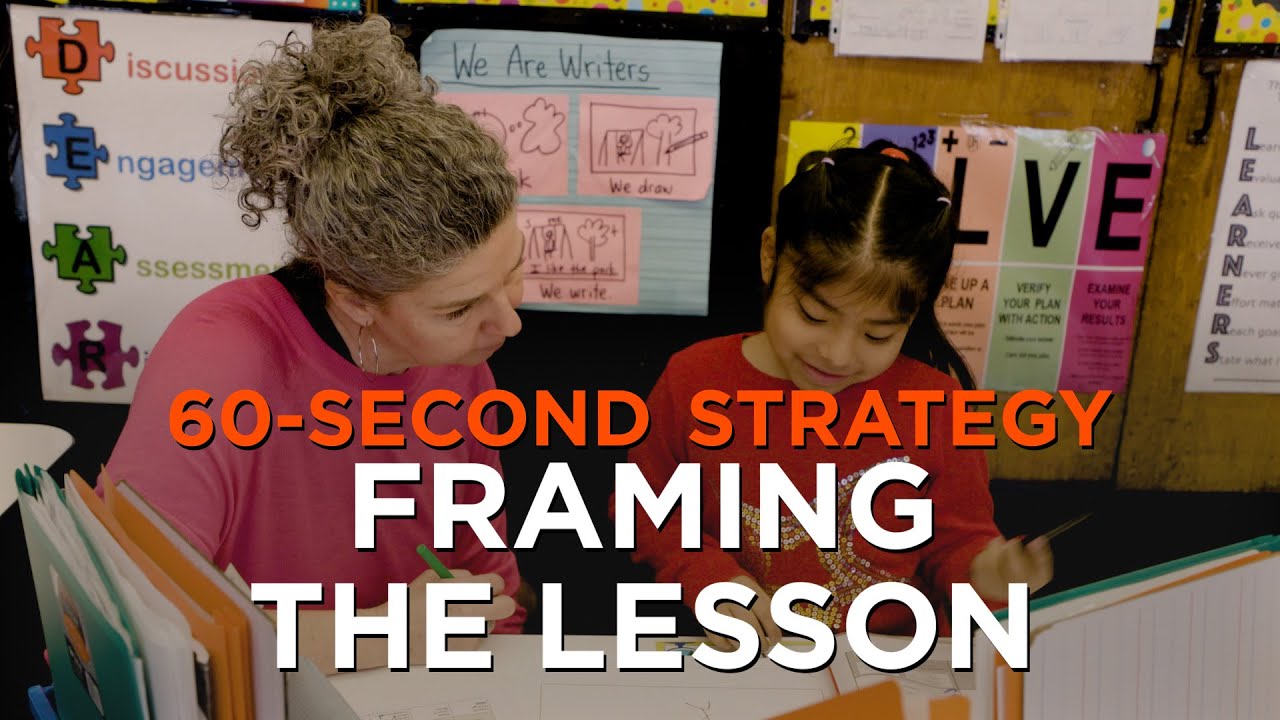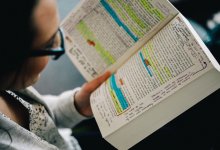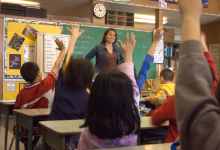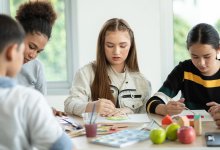Curriculum Planning
Looking for ways to develop dynamic, compelling, and standards-based course content and activities? This is the place to start.
Boosting Math Skills With Daily Practice
Adding an extra period of math every day gives students an opportunity to review what they’ve learned and strengthen their mathematical thinking.437Thinking Like an Editor About Curriculum Design
Effective curriculum design can follow a compelling narrative by streamlining content, resources, and standards.14460-Second Strategy: Framing the Lesson
When teachers make their teaching and learning goals clear to their class, every activity has a purpose and every student understands what they’re doing.2.5kWhy Learning at Home Should Be More Self-Directed—and Less Structured
On March 18, 2020, Simone Kern tweeted that simply “recreating schools at home” passes up a golden opportunity to engage kids in authentic, self-directed learning.31.6k6 Techniques for Building Reading Skills—in Any Subject
Students need good reading skills not just in English but in all classes. Here are some ways you can help them develop those skills.37.3kWhat’s the Right Amount of Homework?
Decades of research show that homework has some benefits, especially for students in middle and high school—but there are risks to assigning too much.29.6kHow to Turn Your Math Classroom Into a ‘Thinking Classroom’
The researcher Peter Liljedahl evangelizes for practices that prioritize and stimulate more hard thinking in classrooms.3.7kShifting From Linear Learning to a Spiral Approach in Science
Repeated exposure to important concepts helps students retain more information and think deeper about the material they’re studying.4649How to Plan When You Don’t Know What to Plan For
What school will look like in the fall is still uncertain for most of the U.S., but teachers can develop flexible plans that work for distance and in-class teaching.12.1k5 Highly Effective Teaching Practices
We teachers are always looking to innovate, so, yes, it's essential that we try new things to add to our pedagogical bag of tricks. But it's important to focus on purpose and intentionality -- and not on quantity. So what really matters more than "always trying something new" is the reason behind why we do what we do.29.5kDesigning Science Inquiry: Claim + Evidence + Reasoning = Explanation
The Claim, Evidence, Reasoning framework is a scaffolded way to teach the scientific method.30.6kRethinking How We Teach Reading in Elementary School
To become better readers, Natalie Wexler says, students should grapple with abundant, high-caliber texts in the elementary grades—not just skills and strategies.3.8kWhat Is Your Educational Philosophy?
While lesson planning this summer, educators might also take time to reflect on their core beliefs about learning and teaching.22.7kKindness: A Lesson Plan
Classroom activities and resources for developing a vital character trait.17.8kClassroom Routines That Support Students’ Voice and Choice
A sense of predictability can help facilitate deep thinking, and teachers can also use routines to promote student agency.1.2k
